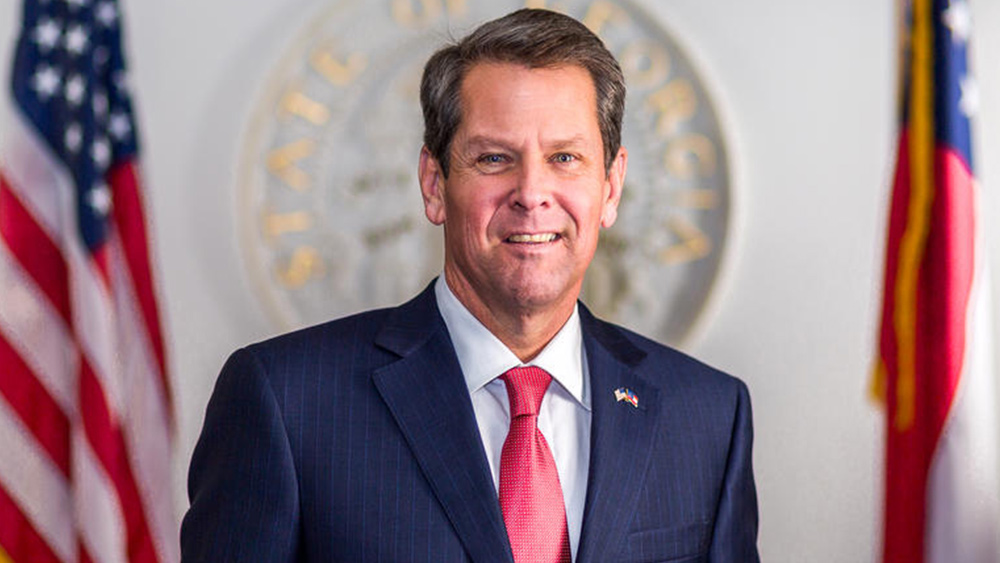
- Republicans introduced a bill to remove the $200 federal transfer tax on firearm suppressors under the National Firearms Act (NFA), retaining background checks and ATF registration. Critics argue the bill fails to dismantle broader NFA regulations, calling it a "performative tax cut" rather than true deregulation.
- Organizations like Gun Owners of America (GOA) condemn the bill for preserving "unconstitutional" NFA oversight, accusing lawmakers of prioritizing politics over principle. Advocates demand full repeal of suppressor regulations, citing the stalled Hearing Protection Act as a better model.
- The 1934 NFA targeted suppressors and sawed-off shotguns amid Prohibition-era crime concerns. Critics argue the $200 tax (equivalent to $4,500 today) lacks justification under modern safety standards. Suppressors are widely used for hearing protection, but legal barriers persist despite bipartisan support for reform.
- Libertarians and hardline gun groups oppose the bill for legitimizing ATF registration, comparing it to "cutting speeding tickets to $0 but keeping enforcement." Law enforcement and hunting groups cautiously support the tax cut as incremental progress, though some states (e.g., Utah) have already deregulated suppressors locally.
- The bill exposes GOP divisions between pragmatic tax cuts and libertarian demands to abolish the NFA entirely. Upcoming votes will test whether Republicans prioritize short-term gains or broader constitutional challenges to federal gun regulations.
No compromise, GOP advocates say “betrayal”
The National Firearms Act of 1934 classified suppressors as “title II” firearms, requiring owners to submit fingerprint cards, passport photos and a Form 4 application for ATF approval, along with a $200 transfer tax each time ownership changes. President Donald Trump’s proposed bill — introduced by House Republicans — would zero out the $200 stamp fee but lock federal oversight into place, exposing a political fissure even within Second Amendment circles. Gun Owners of America (GOA), a prominent gun rights lobbying group, has condemned the compromise as a betrayal. “The House Ways and Means Committee chose to leave unconstitutional registration and taxes in place even though they had a clear path to repeal them,” GOA founder Erich Pratt said in a stinging statement on social media. “Lawmakers knew it, and they chose political convenience over principle.” Pratt’s criticism targets Section 112030 of the bill, which keeps the rest of the NFA intact—meaning all existing checks, fees for suppressor manufacturers and federal registration requirements for buyers remain. Other advocates agree. “This isn’t deregulation. It’s a performative tax cut,” said Brianna Hughes of the libertarian Institute for Liberty Policy, noting that the NFA’s origins as a revenue measure give Congress authority to dismantle its regulatory framework entirely. “Congress has repeatedly been told that removing suppressors from the NFA’s purview—like the Hearing Protection Act proposes—is achievable under budget rules. Why won’t House Republicans do it?” The GOP committee defends the approach as balance. “This bill delivers… tax policies that reward hard work… while maintaining orderly federal oversight,” said Ways and Means Chairman Jason Smith (R-MO). Smith emphasized the bill’s broader goals, including overtime tax exemptions for lower-income workers, but his defense has failed to quell backlash.A historic tax's modern impacts
The NFA was enacted in 1934 under President Franklin D. Roosevelt as part of anti-crime reforms targeting sawed-off shotguns and suppressors linked to gang violence. Though suppressors improve shooting safety by reducing hearing damage, the legal hoops to own them have long been criticized by experts. The $200 tax—if OSHA workplace safety standards had existed at the time, critics argue—would never have been imposed. Today, suppressors are widely used by sportsmen, law enforcement and hearing-conservation advocates. Removing them from federal control could grow their use by individuals and industries seeking safer firearms practices. However, the GOP bill’s narrow approach has left many unfulfilled. “It’s like cutting the price of a speeding ticket to $0 but keeping the police power to hand them out,” said Sam Kercheval, a firearms attorney at Great American Shooters’ Rights. “The ideal is abolishing the NFA’s regulatory bureaucracy altogether—it’s not revenue-based, just unconstitutional red tape.” The “Hearing Protection Act,” introduced in prior Congresses but never passed, would have fully exempted suppressors from NFA jurisdiction. Proponents note this path remains available via reconciliation, but House Republicans have reportedly declined to incorporate it, citing an unclear “political strategy.”A future of debate—and possible court battles
If enacted, the bill would immediately lower costs for suppressor buyers, with FFLs now competing on service rather than tax-favored promotions. Yet critics fear it entrenches a dangerous precedent: using narrow reforms to justify maintaining federal power. “Every time you negotiate with evil, you become its accomplice,” said Mike Black of the Liberty Defense League, invoking a slogan popular in gun rights circles. “The minute you say, ‘Okay, keep the rest but lower this fee,’ you’re legitimizing the system.” Meanwhile, law enforcement unions and hunting groups cautiously support the tax cut. The National Sheriffs’ Association has yet to take a public stance, but several states, such as Utah, have already allowed suppressor deregulation at the local level. “This is incremental progress, not a final victory,” said FFL owner Sarah Lopez in an interview. “But for hunters, this is a win. Now we can push even further.”The cost of compromise: A defining moment for federal gun rights
As the bill moves toward vote, its fate hinges on intra-GOP debate between fiscal conservatism and libertarian conviction. With House Republicans holding a slim majority, hardline members face pressure from both gun advocates and fiscal hawks to align the legislation with their base. While consumers gain immediate savings on suppressors, the enduring question is whether the GOP’s approach strengthens or undermines the long-term push to dismantle federal gun oversight. For now, the mark-up period offers advocates a chance to lobby for fuller deregulation. “If you want to make America’s next generation safer around firearms, you pass the Hearing Protection Act,” said GOA’s Aidan Johnston. “Anything less, no matter how tempting, is just political games.” The upcoming votes will test whether political ambition or principle will shape the future of Second Amendment rights. Sources for this article include: ZeroHedge.com Guns.com NationalGunTrusts.comIsrael-Iran tensions intensify as diplomatic efforts struggle
By Finn Heartley // Share
Kraft Heinz pours $3 billion into U.S. factories as Trump tariffs reshape manufacturing
By Cassie B. // Share
Reduced Russian drone strike sets the stage for Istanbul’s critical peace talks
By Willow Tohi // Share
DOJ targets controversial “Proximal Origin” study in push for scientific transparency
By Willow Tohi // Share
CDC disbands advisory committee responsible for controlling infections in hospitals
By Ramon Tomey // Share
Friends of genocide: Has Germany learned nothing from the Holocaust?
By newseditors // Share
RFK Jr. orders FDA review of abortion pill after study reveals alarming safety risks
By isabelle // Share
The great awakening: How people are questioning power structures and embracing truth
By finnheartley // Share
Israel-Iran tensions intensify as diplomatic efforts struggle
By finnheartley // Share










